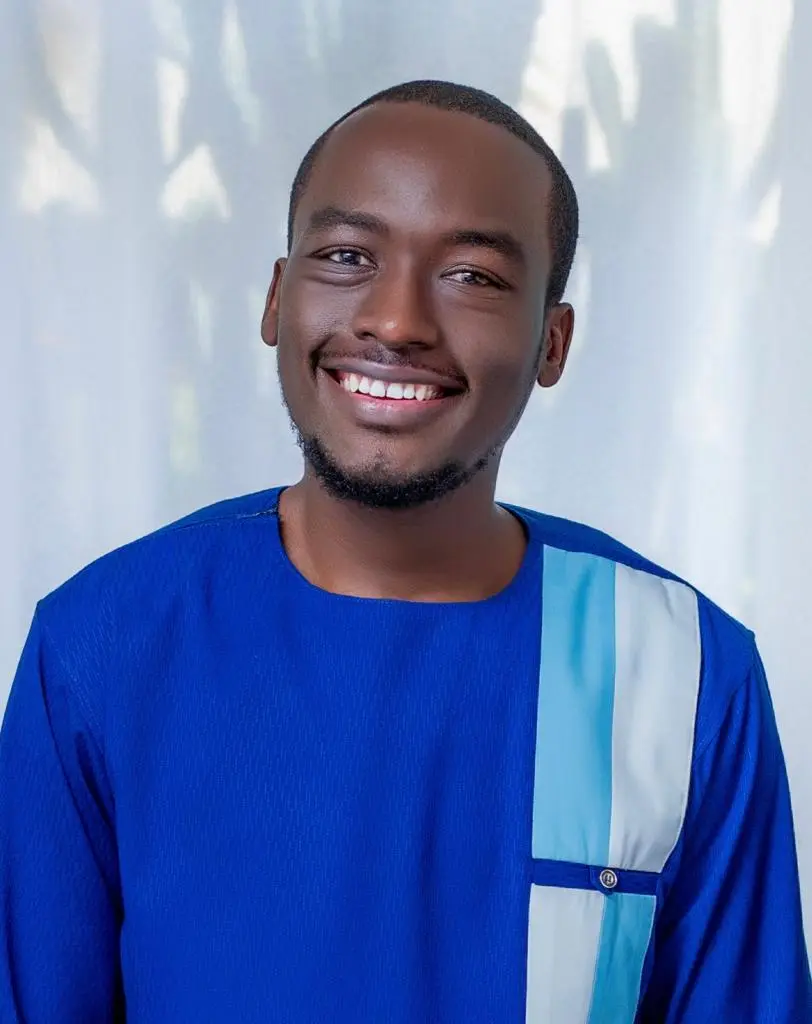By Simon Mwebaze
Editor’s note: The opinions expressed here are those of the authors. View more opinion on ScoonTV.
While the Western world has been progressive about the LGBTQ community, Africa has predominantly resisted its advance. Despite anthropologists in Africa discovering over 20 cultural variations of same-sex intimacy, Africa accounts for 32 of the 72 countries in the world that have criminalized homosexuality. While the application of laws varies across countries, Africa is still lagging in the crawl to accommodate LGBTQ rights. There are a couple of reasons why.
First, Africa has been popularly known for experiencing colonialism on a massive scale. Only two African countries were not colonized by European powers. Some of the major powers that colonized African countries include Britain, France, and Portugal. When colonial powers came to Africa, they instilled laws to govern their colonies. Among them was anti-homosexuality laws which condemned and punished such acts.
After colonialism ended, these were the default laws of African countries. Countries have carried on with the laws to this day. Pre-colonial laws have been embedded into the current laws and have set the precedent for the formulation of more laws against the LGBTQ community. More than half of the colonized African countries were British colonies with punishments for LGBTQ activities including imprisonment and even the death penalty.
Another major driver of anti-LGBTQ sentiment across Africa is religion. Christianity and Islam account for about 93% of Sub-Saharan Africa with African traditional religion catering to a few others. The core text of Islam and Christianity, the Quran and the Bible, explicitly advocate against homosexuality and other sexual preferences. This has shaped the perspective of many believers. Additionally, religious leaders from both sects are vocal about their disdain for homosexuality. This leads to it being heavily shunned in congregations and communities. In countries like Uganda and Zambia, the evangelical circles are loudly against homosexuality.
Since religion plays a big part in forming the perspectives of Africans, being receptive to the LGBTQ community is difficult.
Additionally, the elite in Africa, including politicians, are explicitly against the LGBTQ community. Some African leaders like in Uganda and Kenya have publicly expressed that the LGBTQ community is un-African and not culturally appropriate for Africans. It is often termed a Western idea that seeks to corrupt the moral fiber of Africans.
More so, the case for LGBTQ is not being made any more acceptable by recent discoveries in some African countries. In some countries such as Uganda, it is being discovered that LGBTQ materials are being distributed in schools, especially secondary schools. These books are meant to convert unsuspecting teenagers who are discovering themselves. These discoveries have hardened governments toward any thought of consideration toward the LGBTQ community.
The infiltration of LGBTQ books and materials into secondary schools has added to the resistance toward the community.
Some countries have suffered threats regarding receiving foreign aid if they do not support the LGBTQ agenda. This bulldog approach to spreading LGBTQ sentiments in Africa has been unsuccessful because it is taken as a way to force cultures that are not acceptable in Africa on the African people. In many cases, this approach has hardened leaders in their attitude toward the community.
The observation of how things have progressed in the West regarding the community has also been a cause for concern. When you observe what has happened in the West, you notice that the acceptance of homosexuality has led to the acceptance of more sexual preferences. That also means more laws must be created to accommodate preferences. Recently, we have seen a steady rise in transgender women competing in female sports such as swimming and MMA, where some sociologists say they have an unfair advantage over biological women.
There have also been court cases that seemingly infringe the rights of heterosexual and religious businesses. Both in South Africa and the West, there have been court cases against cake businesses that have refused to bake cakes for homosexual couples. Due to their religious beliefs, they did not agree with the request to make the cakes. This has led to prolonged court battles that have financially impacted these businesses both through the expenses of the court and loss in reputation.
With all these bottlenecks in Africa, it looks like the LGBTQ community will have to climb mountains to gain acceptance. Besides the internal challenges such as laws, leaders, and religion, many in the LGBTQ community have not set a good precedent in the Western world to seem beneficial to Africa. Consider the examples of what is happening with transgender athletes outcompeting biological women and making it difficult for religious businesses to operate.
When you take into account religion, traditional African beliefs, and leftover colonial laws, it seems unlikely that Africans will accept the LGBTQ community. Maybe as Africa becomes more liberal, like in the case of South Africa and other southern African countries, there will be progression. But at the moment, Africa doesn’t seem ready.
Subscribe to get early access to podcasts, events, and more!






